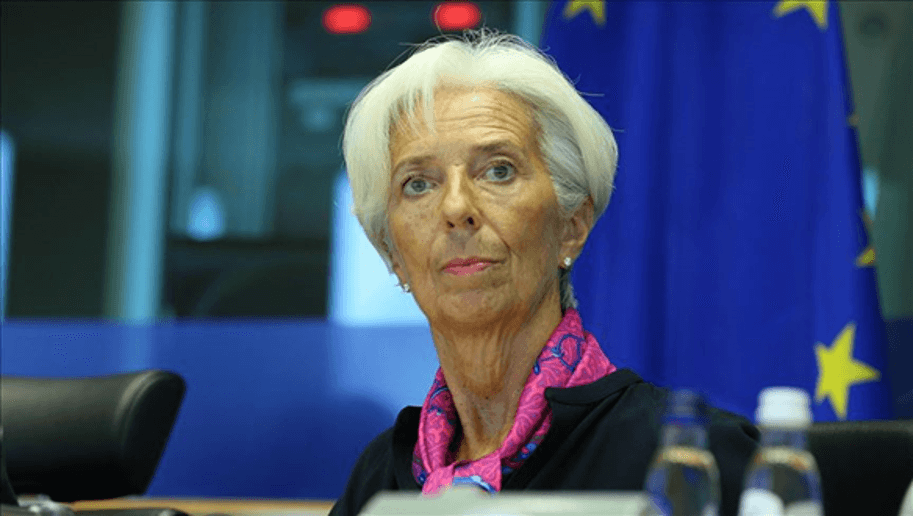
ECB Reconnects with the Public via Policy and Economy Review
For the first time in over 17 years, the European Central Bank (ECB) commissioned the review of its monetary policies. The move, according to ECB governing council will help them understand why inflation remained below the 2% target. And it will unearth the causes of the fundamental uncertainties facing the Eurozone economy. In addition to this, Dutch Central bank president, Klaas Knot believes the monetary policy review will go a long way. It will help the financial policies regulator reconnect with the public.
ECB commissioned the review on Thursday 23rd January during its first policy meeting of 2020 that resolved to leave interest rates unchanged.
World economy experts and economic news analysts have always reported and debated the existence of a silent disconnect. The disconnect is between ECB, Northern, and Southern central bank heads when it comes to measuring inflation. And Knot all but confirmed this during the recently concluded World Economic Forum in Davos. The head of the Dutch central bank mentioned that while the Euro Zone reported a year-on-year inflation of 1.3% in December 2019. A domestic poll in his country put the same at 9%. A difference that he was quick to attribute to ECB’s omission of owner-occupied housing costs in its inflation measurement strategy
All parties continue denying the existence of a growing rift between the two divides. But the world economy analysts view the call for a policy review as a compromise. The party aimed at helping the bank connect with its citizens. But it can be seen as an attempt to bridge the divide between Northern and Southern bankers.
In the review, ECB seeks to reevaluate the entire inflation measurement process. This started with its approach to price stability and monetary policy toolkit.
Measuring Inflation Correctly
By answering the “do we measure inflation correctly” question posed by Knot, one can’t help but speculate the disruptive consequence the highly inquisitive review has on the Eurozone economy. For instance, how will the economies and citizens who are already grappling with a condensing economy react to serious monetary policy changes? According to Knot, the ECB governing council “just want to get the right answer” without discounting perceptions of the Euro citizenry.
He adds that ECB acknowledges that it has for the longest time “underestimated” the voice of the 330 million Euro Zone residents. It impacted the banker’s policy decisions and this gives the banker “an opportunity to reconnect with our citizens.”
His sentiments were echoed by Portuguese Finance Minister Mario Centeno. He argues dismisses any possibility of the review destabilizing the Euro Zone economy. Centeno argues that the review seeks to ensure that “all strands of policy action in Europe are coherent.”
Instead of destabilizing, the review seeks to “optimize the extent to which monetary policy can have a positive impact on our economies.”




